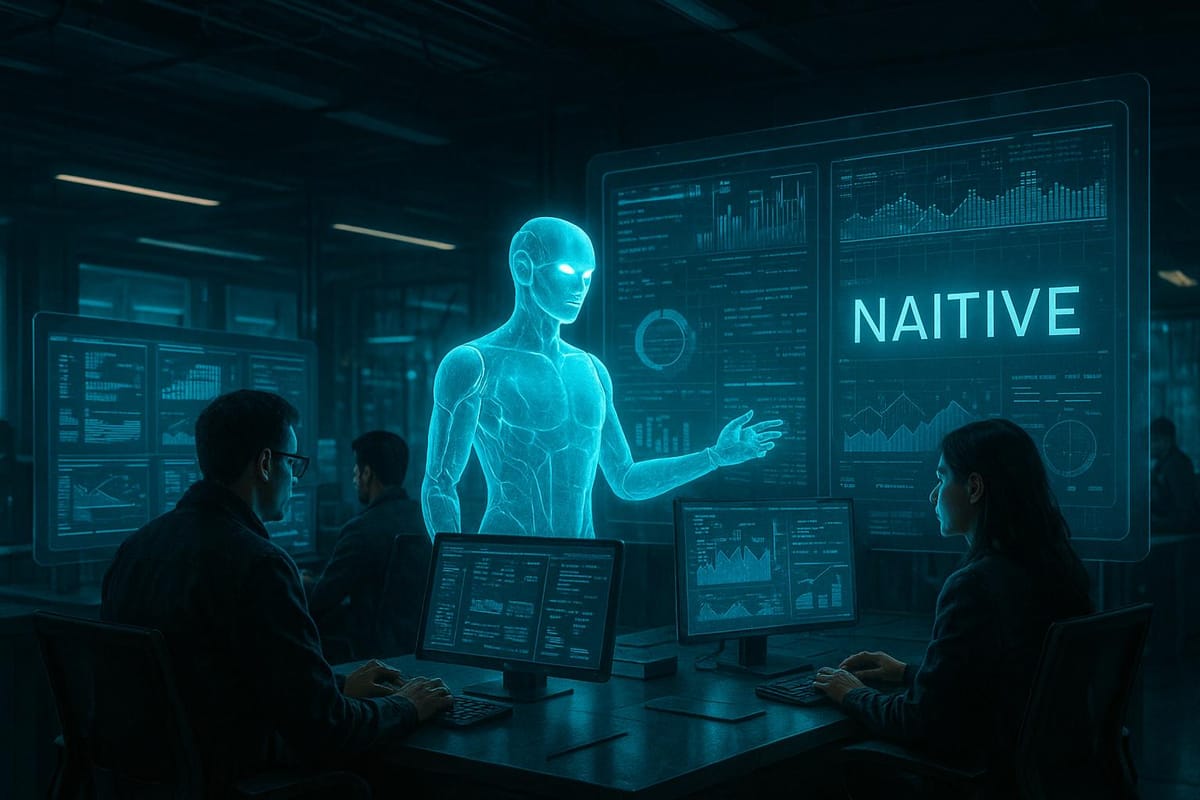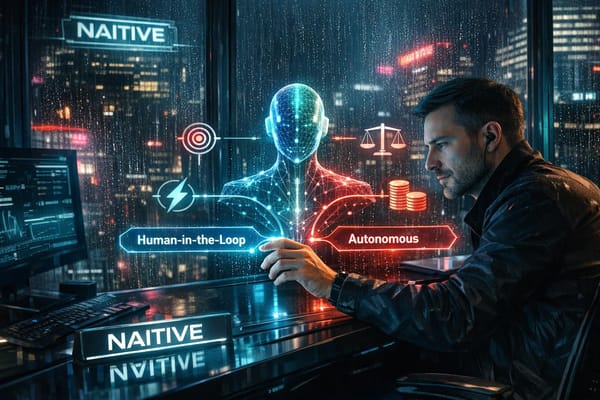IRS integrates Salesforce's AI Agentforce into agency operations
IRS rolling out Salesforce's Agentforce AI agents across divisions to augment casework and efficiency.

The Internal Revenue Service (IRS) has announced the adoption of Salesforce's artificial intelligence (AI) platform, Agentforce, in several key departments as part of its ongoing modernization efforts. The move comes amidst a significant workforce reduction at the agency and aims to enhance efficiency in handling taxpayer cases.
A strategic shift amidst staffing challenges
The IRS has faced a 25% decrease in its workforce over the last two years, shrinking from 100,000 employees to approximately 75,000. This decline follows layoffs tied to broader restructuring efforts under the Trump administration. Against this backdrop, the integration of AI aims to support the remaining workforce in managing increased workloads more effectively.
Paul Tatum, Salesforce's executive vice president of global public sector solutions, explained that the AI tools will be implemented in the Office of Chief Counsel, Taxpayer Advocate Services, and the Office of Appeals. After years of modernizing infrastructure in these departments, the agency is taking the next step by incorporating Agentforce. "Agentforce will be used for tasks like case summarization and search to try to complete customer cases more quickly", Tatum noted.
Enhancing efficiency, not replacing humans
The deployment of Agentforce is not intended to replace human oversight. Tatum emphasized that the AI platform is designed with safeguards to ensure accountability. "Salesforce doesn't advocate for a blind AI processing tax returns without a human being involved in reviewing and supplementing it", he said. The platform's guardrails prevent it from making final decisions or disbursing funds, ensuring that human agents maintain ultimate authority.
Tatum also highlighted the broader goal of educating both the public and government about the "safety and trust" of AI technology. He added that the technology aims to assist overburdened IRS employees in efficiently addressing customer requests, rather than determining staffing levels directly. "What the IRS decides to do with its staffing levels is up to the agency", he said.
A gradual embrace of modernization
Rob Fitzpatrick, senior-level counsel for technology in the IRS Office of Chief Counsel, shared his perspective on the decision to adopt Agentforce. Reflecting on his 38 years at the agency, Fitzpatrick admitted he initially resisted the idea of using AI but now sees the technology as essential to staying competitive. "It would be negligence if I didn't start now using those AI tools to take our automation and now go head-to-head with some of the law firms", Fitzpatrick said.
Since 2023, the IRS has been working to modernize its outdated systems, and the integration of AI represents a natural progression in those efforts. Fitzpatrick described the changes as inevitable, urging others to adapt: "I think all of us have to realize that the change is coming. You either have to adopt the change and make yourself more efficient so that you can produce more work, or you don't, and you leave."
AI in the public sector: A growing trend
The IRS is among a growing number of government agencies incorporating AI into their operations. For technology providers like Salesforce, collaborations with public institutions not only expand their client base but also showcase the large-scale viability of AI solutions for private sector applications.
The integration of Agentforce represents a pivotal moment for the IRS as it seeks to balance the demands of modernization with the challenges of maintaining public trust. While the adoption of AI tools may not reverse the agency's staffing challenges, it signals a shift toward leveraging technology to improve efficiency and service delivery in an increasingly digital world.




